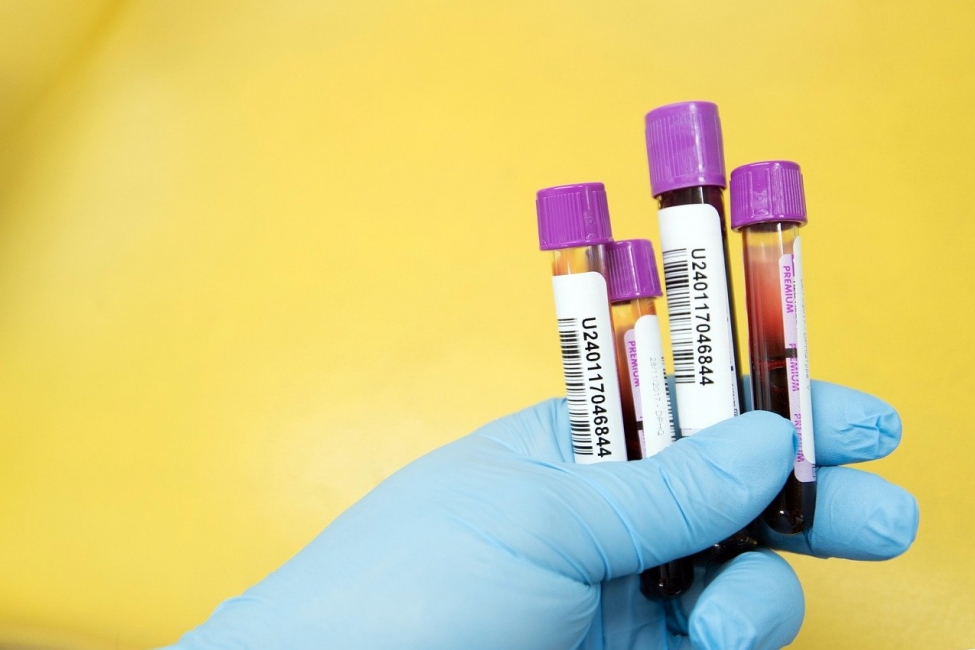-Dr. Poonam Khetrapal Singh, WHO Regional Director for South-East Asia
The WHO South-East Asia Region continues to accelerate action to ensure that everyone, everywhere has timely access to sufficient and secure blood and blood products, and safe transfusion services. Blood transfusions are required to treat and manage a range of health conditions that people from all countries, of all incomes, experience, from thalassemia and haemophilia, to complications during pregnancy and childbirth, severe trauma, and surgical procedures. And yet, globally, 42% of blood is collected in high-income countries, which are home to just 16% of the world’s population. In lower-middle-income countries, the median blood donation rate is 6.8 per 1000 people.
In low-income countries, it is five. The Region requires at least 2 million more units of blood every year, which must be mobilized from voluntary, non-remunerated donors. WHO is committed to supporting all countries in the Region to increase safe and secure donations, especially from the young – a key focus of this year’s World Blood Donor Day celebration: “Give blood and keep the world beating”.
The Region has in recent years made steady and sustained progress. All countries in the Region have developed national blood policies, which they continue to implement. Most countries have in place national guidelines on the appropriate clinical use of blood, which is critical to preventing unnecessary transfusions and efficiently utilizing available blood stocks. Based on data from the Global Database for Blood Safety, 100% of all blood donated in the Region is screened for transfusion transmitted infections.
The proportion of blood donated by voluntary, non-remunerated donors is more than 80%. Between 2013 and 2018 the Region increased blood donations by 2.37 million units – the third highest increase globally. All countries in the Region are committed to achieving universal health coverage (UHC), which inter alia requires everyone, everywhere to have access to safe, sufficient and secure blood, blood products and services.
Amid the ongoing COVID-19 response, WHO will continue to support countries in the Region to maintain and strengthen blood donation and blood transfusion services. Over the past 18 months, all countries have implemented public awareness campaigns aimed at mobilizing voluntary, non-remunerated donations. Most Member States have facilitated transportation for donors, helping offset the impact of public health and social measures, which continue to be applied or relaxed based on epidemiological evidence.
In all countries of the Region, management of blood stock inventory has been a key priority, helping ensure transfusion-dependent patients, such as those with thalassemia and sickle cell anaemia, do not suffer due to lack of blood. These and other interventions must continue to be strengthened, with a focus on consolidating and expanding supply, and enhancing haemovigilance.
As today’s commemoration highlights, young people must be at the fore of blood recruitment strategies. Young people are full of idealism, enthusiasm and creativity. Region-wide, hundreds of millions of young people are looking to change their communities and countries for the better. Voluntary, non-remunerated and regular blood donation is one of the most effective, impactful ways that young people can save lives and improve people’s health. To empower young people to act, increase overall donations, and achieve lasting generational change, intensified public outreach and engagement is essential.
We can all contribute. Throughout the COVID-19 crisis, regular blood donors have continued to give, despite limited mobility and other challenges. Their extraordinary effort has increased health system resilience and must be celebrated for what it is – a lifesaving gift, and an expression of human solidarity.
Throughout the COVID-19 response, but also beyond it, every person’s contribution takes us one step closer to achieving UHC, the Flagship Priority and Sustainable Development Goal target that underpins all others. On World Blood Donor Day, WHO reiterates its commitment to support all countries in the Region to provide sufficient and secure blood and blood products, and safe transfusion services, to all who need them. The gift of life is ours to give.

